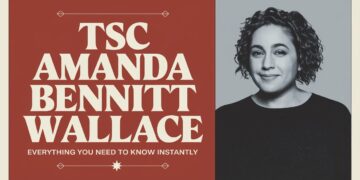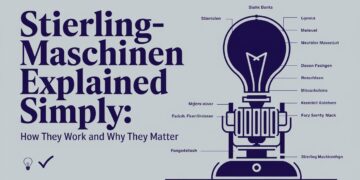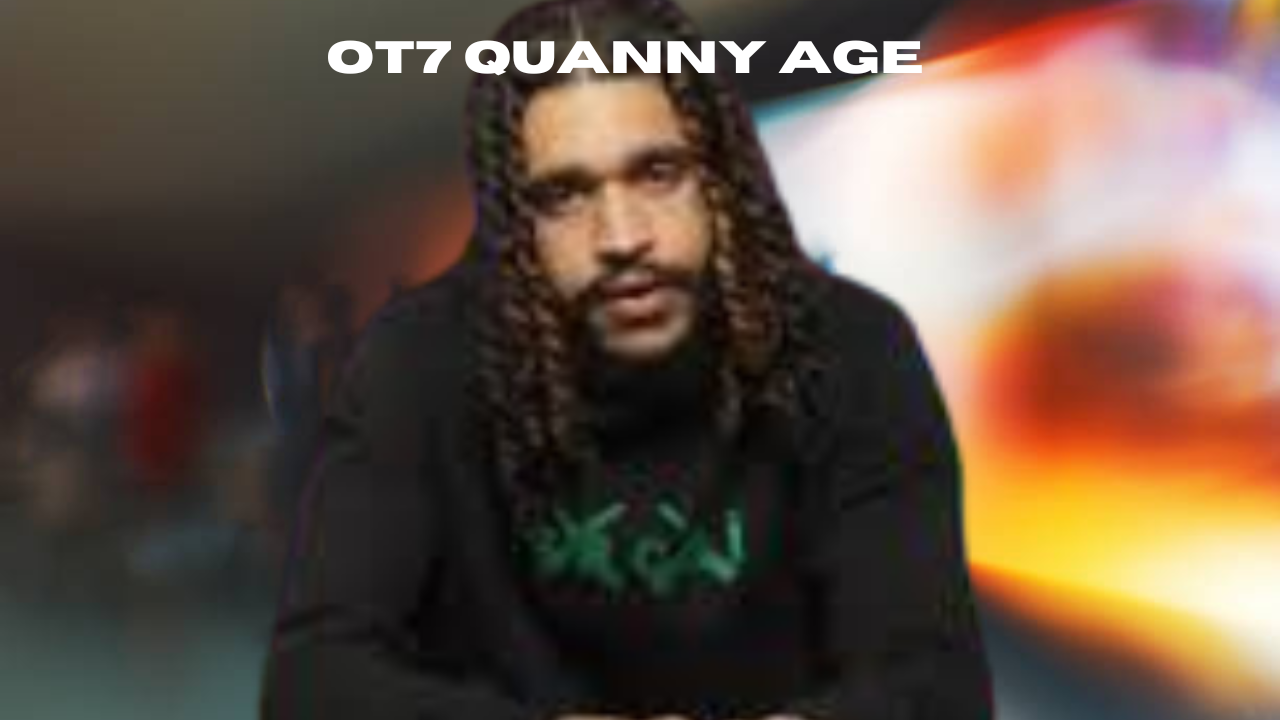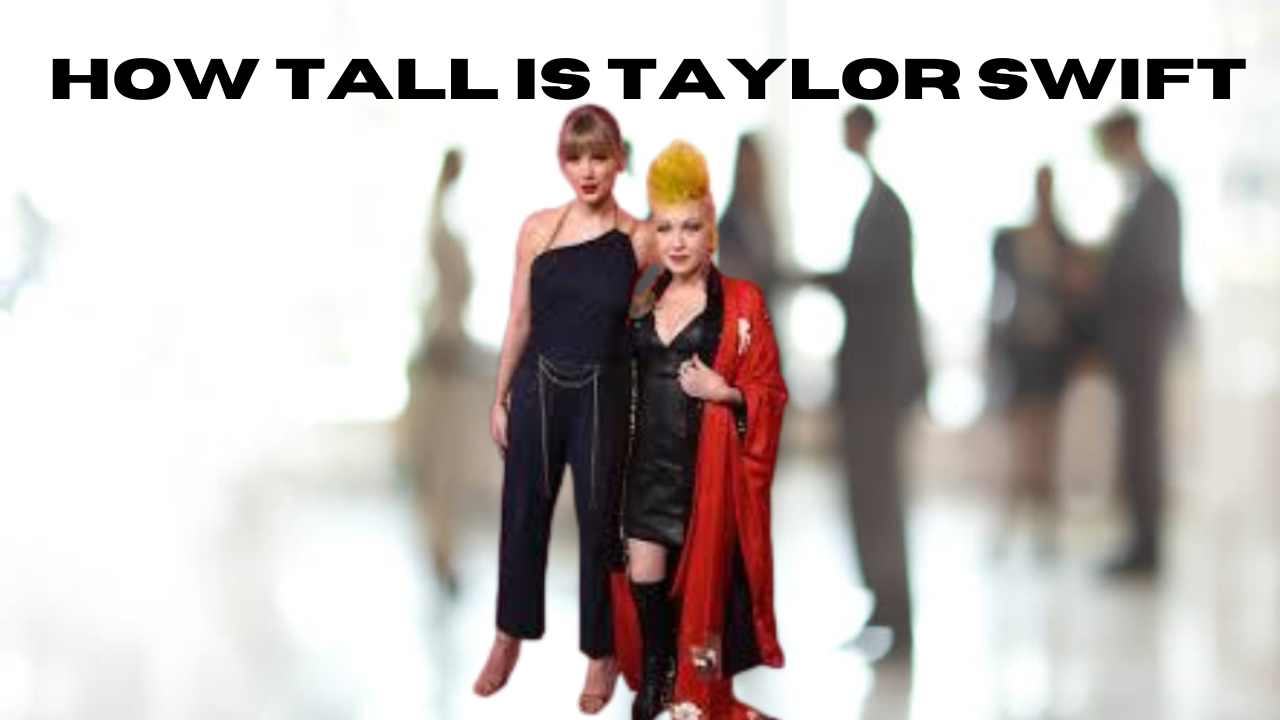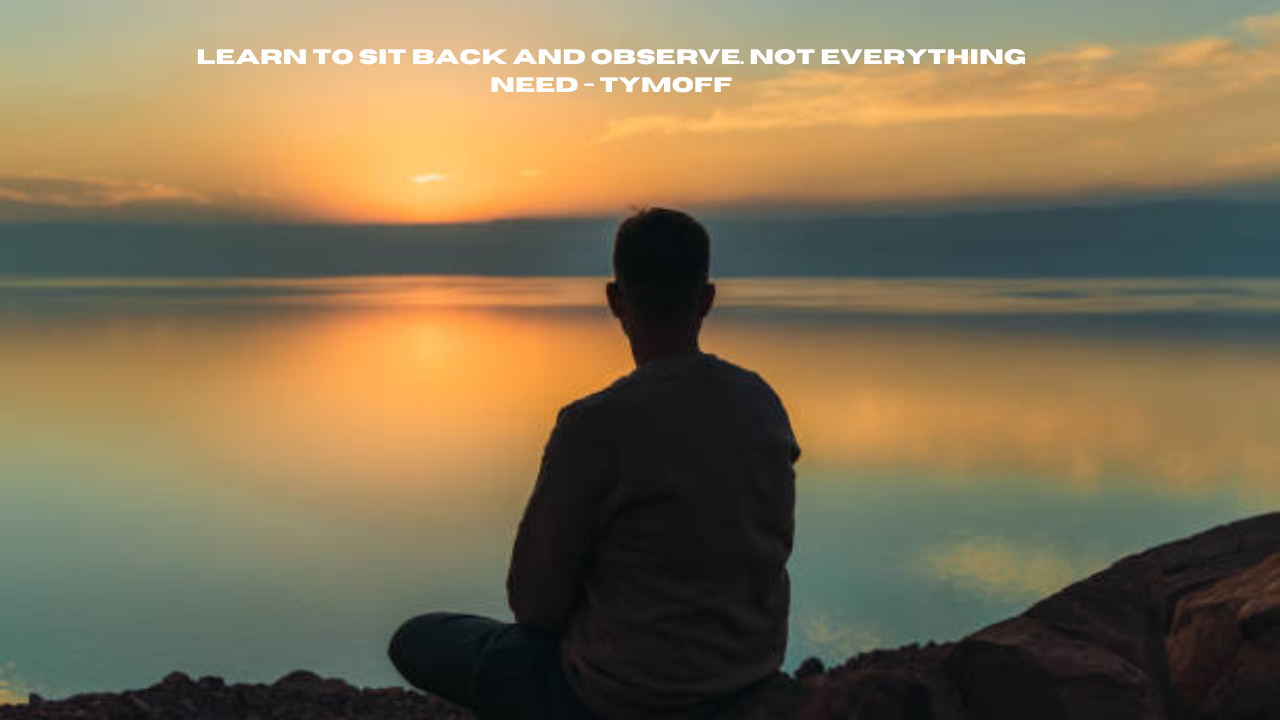In today’s fast-paced world, where reactions often outweigh reflection, stepping back and observing has never been more crucial. The phrase “learn to sit back and observe. not everything need – tymoff” reminds us to adopt mindfulness and patience in our daily lives. It encourages a thoughtful approach to situations, prioritizing observation over impulsive action. This philosophy can shift how we handle challenges, communicate with others, and navigate life’s complexities.
Why Observing Matters More Than Reacting
One of the most overlooked skills in modern life is the ability to pause. Reacting to every situation immediately can lead to misunderstandings, stress, and even regret. Instead, taking a moment to observe can provide clarity and insight. Let’s delve into the key reasons why this approach is essential:
- Reduced Stress and Anxiety
Constantly responding to stimuli, whether it’s a heated conversation or a sudden crisis, can damage your mental health. By stepping back and observing, you allow yourself the space to process emotions calmly. This habit can reduce stress, prevent overreaction, and help you maintain a composed demeanor even in tense situations.
- Improved Decision-Making
Snap judgments often lead to errors. When you observe before acting, you gather valuable information and perspectives. This leads to more thoughtful and informed decisions. For instance, in professional settings, taking time to analyze a problem rather than jumping to conclusions can enhance problem-solving skills and improve outcomes.
- Enhanced Relationships
Impulsive reactions can escalate conflicts in relationships. Observing your partner’s or friend’s emotions and intentions before responding helps build empathy and understanding. This approach fosters healthier communication and stronger bonds, prioritizing mutual respect and thoughtfulness.
- Greater Self-Awareness
Observation isn’t limited to external situations; it also includes introspection. By reflecting on your thoughts and actions, you can identify patterns, triggers, and areas for growth. This self-awareness is a cornerstone of personal development and emotional intelligence.
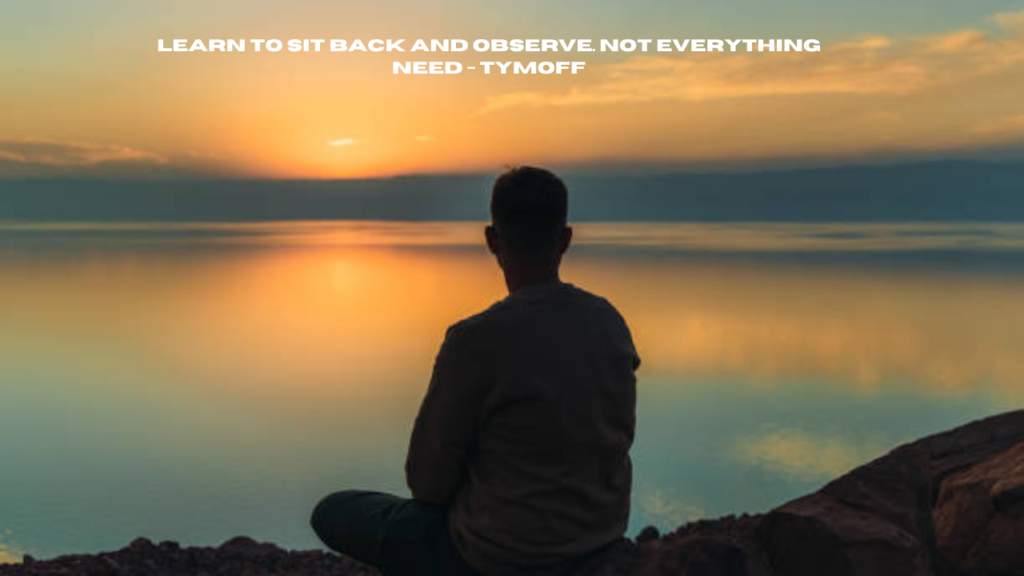
How to Practice the Art of Observation
Adopting the practice of sitting back and observing isn’t about being passive; it’s about being deliberate. Here are some practical ways to incorporate this philosophy into your life:
– Pause Before Responding
In conversations or heated moments, give yourself a few seconds to think before replying. This pause can significantly affect how your response is perceived.
– Engage in Active Listening
Truly listening to others without planning your response is a powerful way to understand their perspective. This not only improves communication but also builds trust.
– Reflect Regularly
Set aside time daily to reflect on your actions and experiences. Journaling or meditating can help you process your thoughts and feelings, enhancing your ability to observe and understand.
– Practice Patience
Patience is a virtue that supports observation. Instead of rushing to conclusions, take the time to let situations unfold naturally.
The Mystery Behind “Tymoff”
Including “Tymoff” in the phrase adds an element of intrigue. While its exact meaning remains unclear, it could symbolize a deliberate pause or an unfinished thought, encouraging readers to reflect on its significance. Whether it’s a creative touch or an intentional mystery, “learn to sit back and observe. Not everything needs—tymoff” carries a universal truth: not everything requires immediate action.
Benefits of Embracing This Philosophy
When you adopt the principle of sitting back and observing, you unlock numerous benefits that ripple across all areas of life:
- Increased Clarity: Observing helps clear the mental fog, enabling you to see situations more objectively.
- Stronger Relationships: Thoughtful responses foster trust and understanding, improving interpersonal connections.
- Professional Growth: Mindful observation in the workplace can lead to better collaboration, problem-solving, and leadership.
- Emotional Resilience: By not reacting impulsively, you gain control over your emotions, reducing the likelihood of burnout or regret.
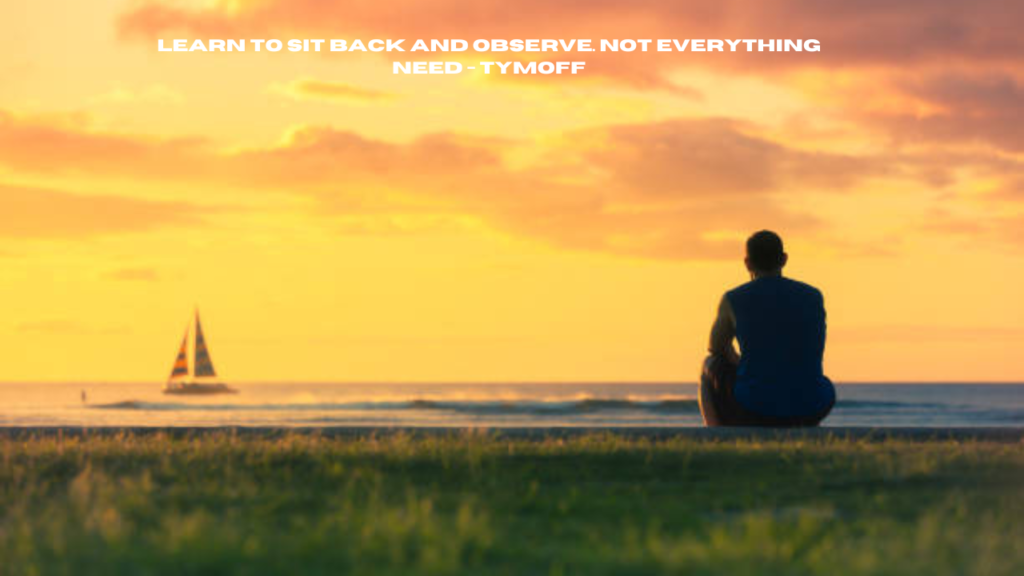
Also read: a true relationship is two imperfect people refusi – tymoff to Give Up on Each Other
Climax
The phrase “learn to sit back and observe. not everything need – tymoff” is more than just a quote; it’s a lifestyle choice that emphasizes patience, mindfulness, and reflection. In a world that often glorifies speed and instant reactions, this philosophy stands as a counterbalance, reminding us of the power of observation.
Learning to pause, reflect, and act with intention can help us lead more balanced and fulfilling lives. So, the next time you find yourself on the verge of an impulsive reaction, take a moment to sit back and observe. Not everything demands immediate attention; often, the best answers come when we allow ourselves time to see.




